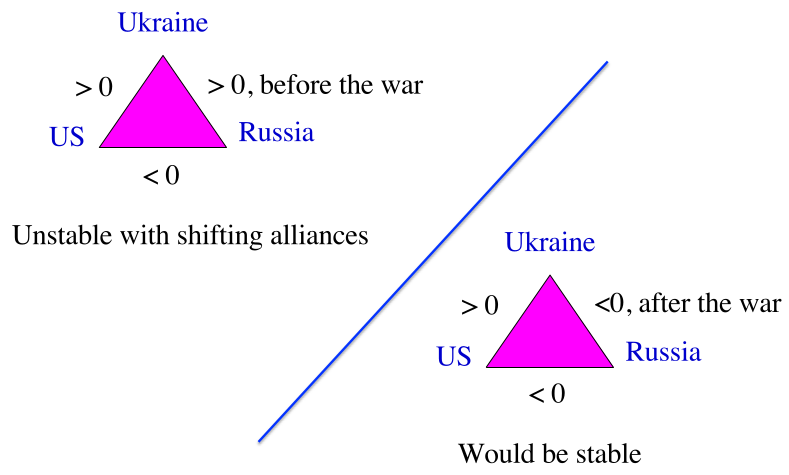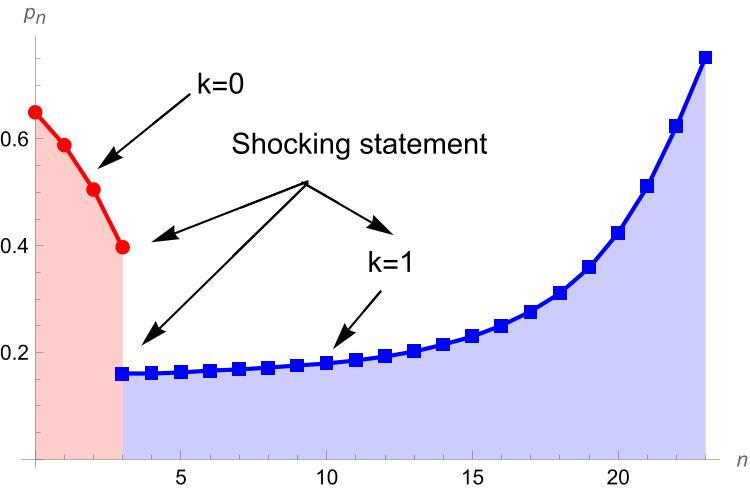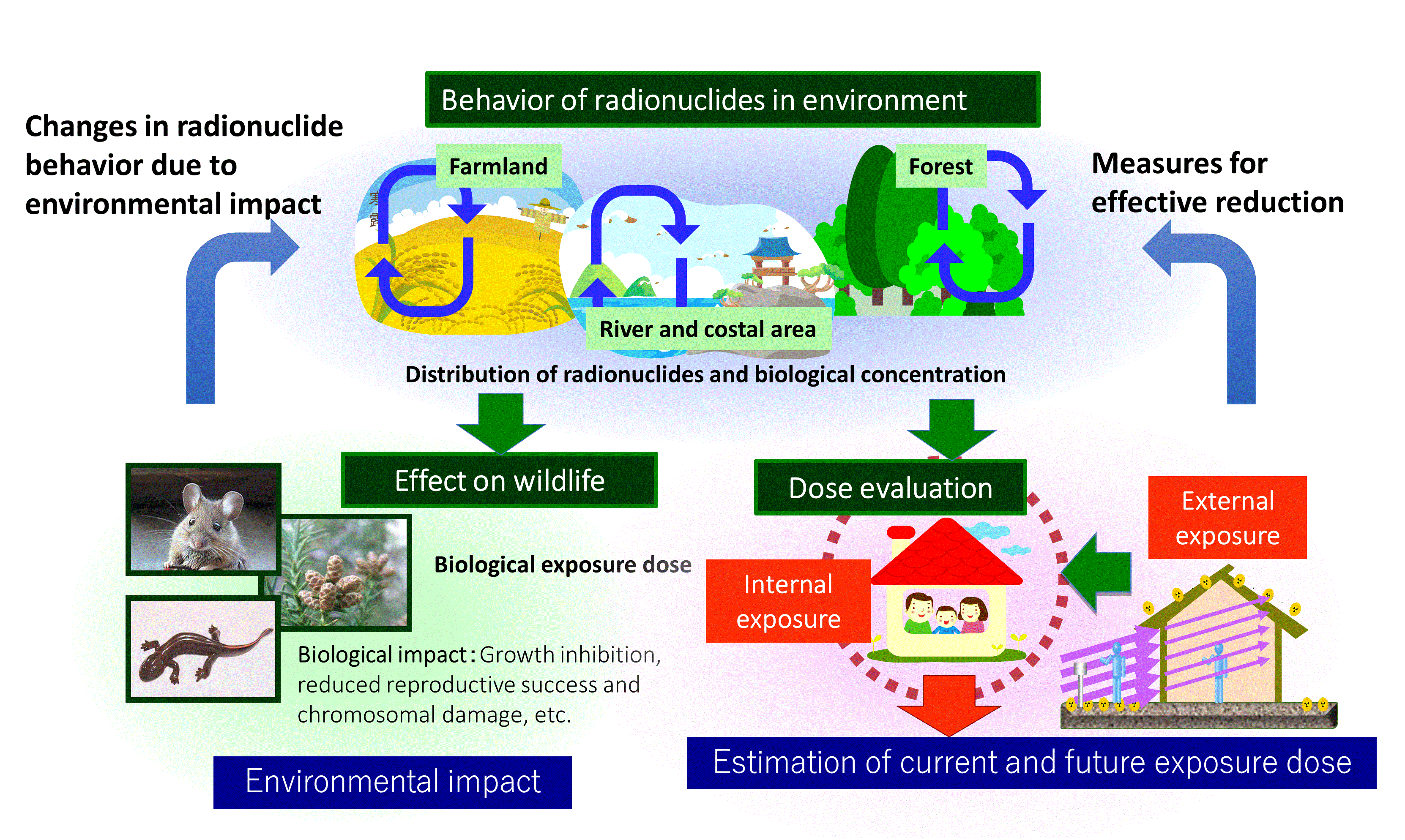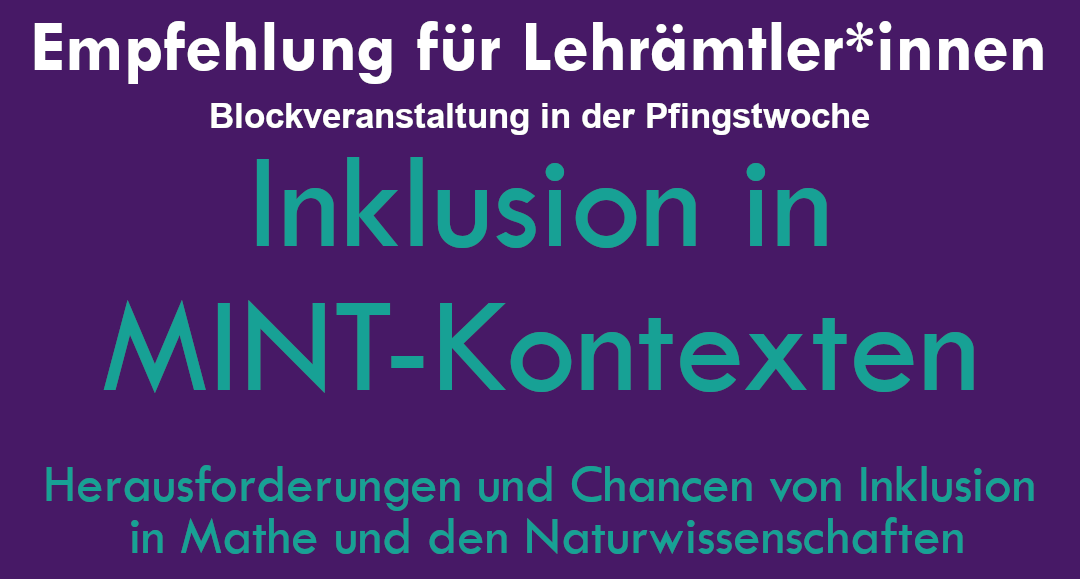Journal Club: What does Sociophysics tell us about the conflict in Ukraine?
 Mon, 28.4.,
Mon, 28.4.,
- 3:30 pm: Reading together
- 4:00 pm: Journal Club with Serge Galam
Seminar room 0.03 in the ETP
Serge Galam is one of the founders of sociophysics, which applies the methods of statistical physics to social contexts. We were able to get him to come to Cologne for the GPK and will hold a Journal Club with him on the paper published in 2023:
The dynamics of alliances: The case of Ukraine and Russia
In the paper, he models the alliances of states analogously to the Ising model of magnetism and analyzes the instabilities that can be identified. Building on this, the effect of supranational alliances such as the Warsaw Pact and NATO and possible geopolitical consequences are discussed.
After a short informal introduction by Serge Galam, we will discuss the paper together. Ideally, you should have a look at the paper beforehand, but if you prefer to do this together, you can also join us at 15:30.
…
Journal Club: What does Sociophysics tell us about the conflict in Ukraine?Weiterlesen »


